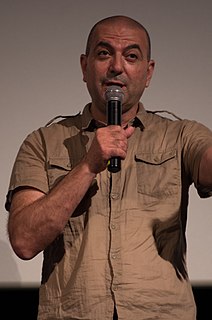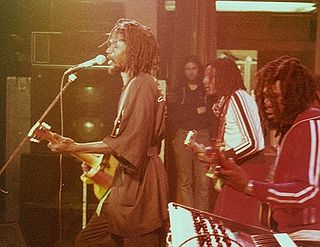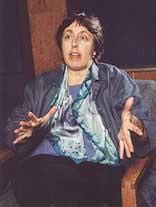A Quote by Barbara Tuchman
That conflict between the reach for the divine and the lure of earthly things was to be the central problem of the Middle Ages.
Quote Topics
Related Quotes
The decision must be made between Judaism and Christianity, between business and culture, between male and female, between the race and the individual, between unworhtiness and worth, between the earthly and the higher life, between negation and God-like. Mankind has the choice to make. There are only two poles, and there is no middle way.
I like movies that deal with trapped men. Men that need to make choices that are not obvious or easy choices. Then how do you visualize this? You create this character conflicted between two sides, because drama is about the conflict of two things, between your duty and your will, between what you want and what you can't have. It is all conflict between two things, and this is why you put your character in a place where you can visualize the conflict.
The problem is, if at all, in the different view of the economy, of economic growth. Growth is too low, even for us. That needs to change: More investments, a stronger role by the European Central Bank. Otherwise, there are no tensions between Italy and Germany. But on this point, compromises must be reached and we will reach them.
It's a mistake to think that God has conflict with anything. He's everything. So the more close you are to God, how can you be in conflict with anybody? Conflict comes from ego, and from thinking, "I'm right and you're wrong." If I can reach the point where I understand that what is right for me may be different than what is right for you, that would be a good step. But most people don't reach that point, and so they fight about it.
Empathy is like a universal solvent. Any problem immersed in empathy becomes soluble. It is effective as a way of anticipating and resolving interpersonal problems, whether this is a marital conflict, an international conflict, a problem at work, difficulties in a friendship, political deadlocks, a family dispute, or a problem with a neighbor.








































